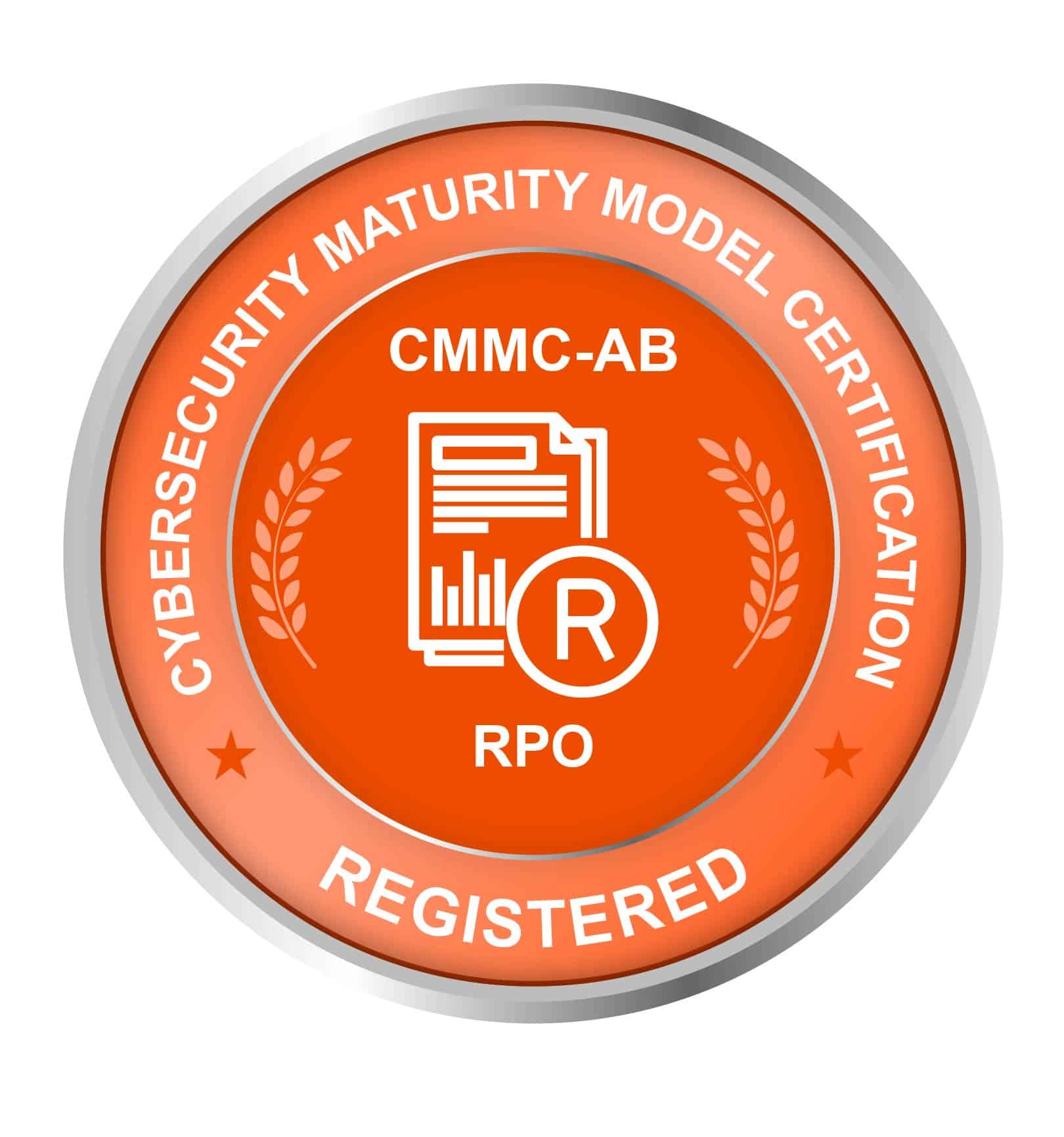Why Data Compliance So Important
As more and more of our world becomes digitized, data is becoming the new competitive advantage and key resource of any business. Today’s businesses hold more data than ever before – customer databases and company emails contain vast amounts of private data, from payment records to contact information. Protecting that data and ensuring it complies with any regulations is key to the survival of any business.


What’s Data Compliance?
Data compliance refers to any regulations that a business must follow to ensure the sensitive digital assets it possesses – usually personally identifiable information (PII) and financial details – are guarded against loss, theft, and misuse. The idea behind compliance is that if an organization properly implements and operates the controls, the scope and data, and systems would be secure.
Data compliance regulations come in several forms. They may be industry standards, state or federal-level laws, or even supra-national regulations such as the General Data Protection Regulation (GDPR), but they will typically spell out what types of data need to be protected, what processes will be considered acceptable under the legislation, and what the penalties will be for firms that fail to follow the rules.
The top three industry benchmarks for data compliance in the US are the Payment Card Industry Data Security Standards (PCI DSS) certification, Health Insurance Portability and Accountability Act (HIPAA), and System and Organization Controls (SOC).
Data Compliance Vs. Data Security
It’s important not to confuse data compliance with data security. While they have the same goals – to minimize and manage the risks businesses are exposed to by securing sensitive data – compliance only ensures you meet legally-mandated minimum standards. On the other hand, data security covers all the processes, procedures, and technologies that define how you look after sensitive data and guard against breaches.
However, just because you’re compliant doesn’t mean you’re secure. While meeting the minimum compliance requirements may give you some legal protection in the event of a data breach, it won’t save you from the many other consequences of a data breach incident, such as financial losses and reputational damage. You can think of data compliance as an umbrella under which data security resides, but remember that your data security policies should go far beyond what’s required under data compliance regulations.
Why is Data Compliance Important?
Failure to comply with data compliance regulations exposes your company to huge risks such as:
- Financial losses: Not following compliance regulations can end up costing your business millions. Several different regulations require organizations to pay hefty fines if they are caught being non-compliant. Potential fines for data breaches are as high as $7,500 per record – and considering many large data breaches in recent years have compromised tens or even hundreds of millions of records, the cost of non-compliance could quickly add up. For example, in 2018, insurance provider Anthem agreed to pay a fine of $16 million to the US Department of Health and Human Services after a hacking attack exposed the health information of almost 79 million people.
- Loss of customer trust: One of the biggest and most significant consequences of a data breach is its impact on customer trust and loyalty. According to a Varonis study of companies’ reputations after a data breach, 80% of consumers will defect from a business if their information is compromised in a security breach. If you create a culture of compliance in your company, you can show that you really care about protecting customers’ privacy, earning your customers’ loyalty, and setting yourself apart from the competition.
- Increased risk for data breaches: Your sensitive data is worth a lot of money on the black market, and without proper security strategies in place, you could expose your organization to cyberattacks. Data compliance regulations force organizations to improve their data security standards and practices by implementing policies, procedures, workflows, and operations to ensure data is secure and legal obligations are met.
How to Ensure Data Compliance
Following key data compliance strategies goes a long way to ensuring data compliance. Here are five tips to ensure data compliance in your organization:
- Know what kind of data you have: First, it’s important to understand what type of data you regularly deal with. Are you at a healthcare company dealing with patient records or a business dealing with customer credit card information or other types of sensitive data? The type of data you store will determine which compliance laws you’re required to follow, so this is the best place to begin when seeking data compliance.
- Develop and document a data compliance plan: Every organization should have an explicit plan that outlines its compliance requirements and how to achieve and maintain compliance with those regulations. Your data compliance program should be properly documented – once the obligations and risks are understood, it is vital to document them. It’s not just enough to know you are data compliant; your data compliance program should be clearly verifiable and readily accessible through accurate reports and documentation for internal or external examinations.
- Allocate ownership: The most advanced and elaborated data-protection compliance program will fail if there is no clear ownership of the processes. The compliance process needs to have a single person in charge to manage all the moving pieces and have the necessary resources, including training, so that they are competent to fulfill their role in accordance with the business’ compliance culture.
- Provide employee training: Attempting to implement new policies or resolve compliance issues won’t get you anywhere if your employees don’t recognize the importance of compliance. Every employee needs to know the ripple effect that a single compliance failure could have on the entire company, and regular data protection training can help you achieve this. Training should be provided regularly and always include senior management.
- Perform regular internal data compliance audits: Do not wait for external audits to assess data compliance. Regular internal audits are the best way to identify and remediate data compliance gaps.
Bottom Line
With data becoming the new currency in today’s digital economy, companies need to develop a data compliance strategy that reduces the risk they are exposed to and secures their sensitive data. Taking a disciplined approach to data compliance can help you significantly reduce the likelihood of events that compromise your customers’ data, your corporate IP, and your business operations. If you need help with your organization’s data compliance program, Orion Networks can help. Our experts can customize a compliance solution for your organization and help you build a stronger, more reliable data protection program. Contact us to schedule a consultation and discover how we can help you become compliant!










